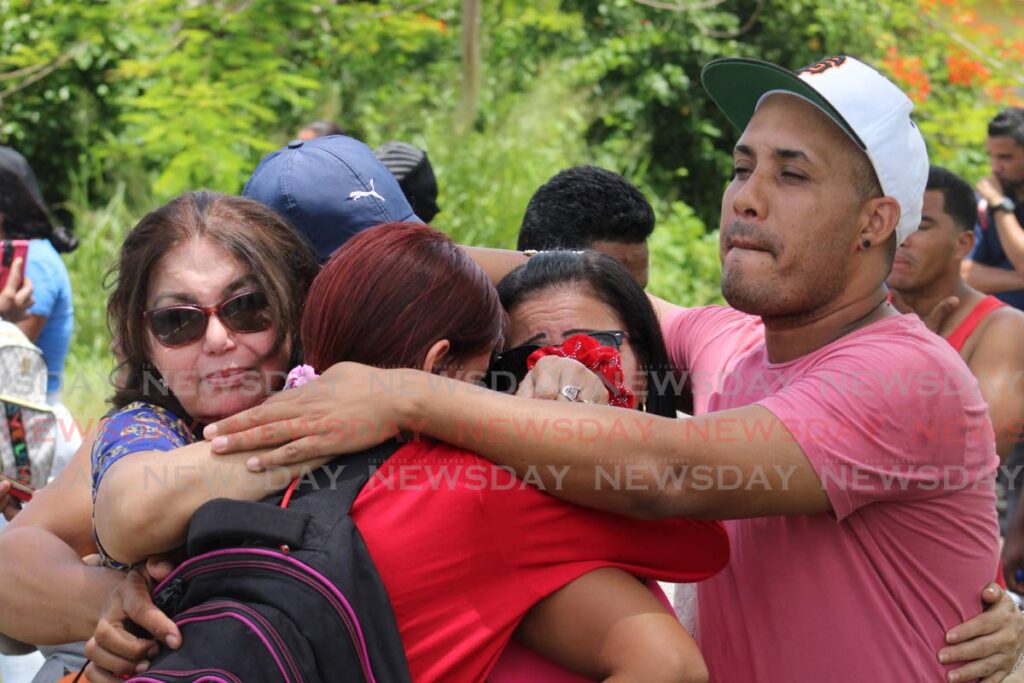Deportation dilemma

From the moment that 200 Venezuelans were detained at the Apex bar in St James, questions were raised. What happened that Sunday morning to merit such a sweeping crackdown?
The Venezuelan migrants were taken to the Defence Force heliport in Chaguaramas pending deportation. Soon afterward, 40 migrants were released after interviews with immigration authorities and within a week, 78 holders of UN Refugee Agency cards were conditionally released. Criston Williams, an attorney representing detainees, suggested that the detentions might have unwelcome anti-LGBT overtones, an unpleasant nuance to the story.
Weeks later, after a High Court judge held that the heliport was not a designated immigration detention centre, the National Security Minister moved within hours to issue paperwork reauthorising it for that use.
It was a scrappy sequence of events, suggesting a willingness to move quickly to fortify arguments for deportation while continuing to be determinedly lackadaisical about the fate of detained migrants or, indeed, their status generally in TT.
This specific pulling and tugging over the fate of the migrants reached its denouement this week when an order of release by Justice Ricky Rahim was stayed by High Court Justice Prakash Moosai on Thursday, clearing the way for deportation proceedings to commence.
On Saturday, 97 Venezuelans were removed from the heliport, conveyed with an armed motorcade to return home on the passenger vessel the Galleon's Passage.
Ten women remained behind because they have children in TT and their cases were said to be under evaluation.
There are 9,000 migrants currently submitting documentation in the hope of getting a fifth extension of their 2019 work permits.
The State's inferred position on Venezuelan migrants has always been a grudging acceptance of a responsibility to help, but did the situation at the heliport represent an unusual enthusiasm to be rid of the least desirable of TTs migrant population? Justice Moosai's stay of the order of release given by Justice Rahim was not itself an order to deport. It put the matter back in the hands of the government and its immigration division.
That 97 Venezuelan nationals were deported within 48 hours reflects less on the decisions of the learned justices, guided by matters of law than it does on the Government and the National Security Minister who wasted no time in ordering their expulsion.
That's remained the Government's default approach across the eight years of desperate Venezuelan migration, exploring the edges of legal restraints and the moral imperatives of its role as a signatory to UN agreements on asylum, while deporting migrants at every opportunity.
With no stated policy on its Venezuelan migrants, all that's left is the Government's actions.
Last week's hardline conclusion to the dubious heliport detention leaves little doubt as to the State's preference.


Comments
"Deportation dilemma"